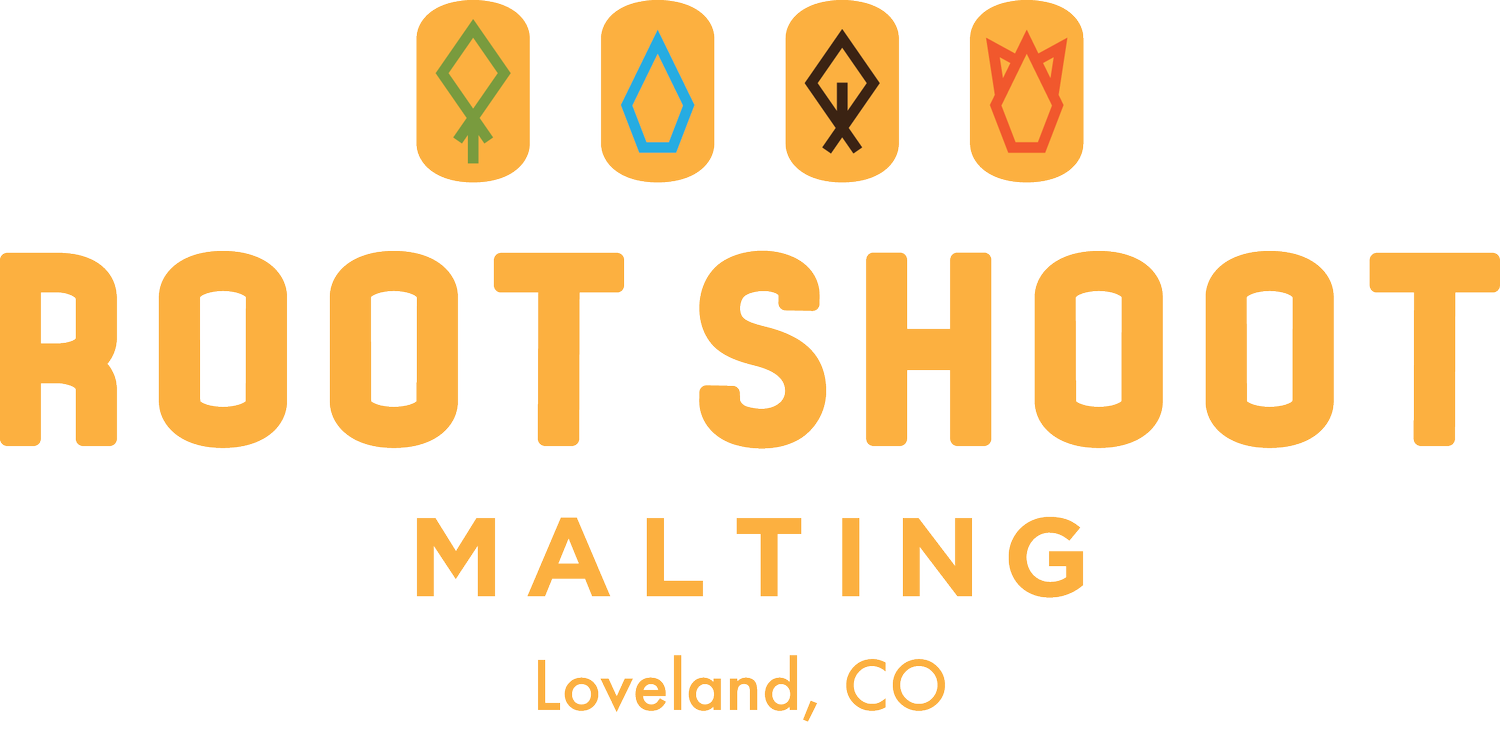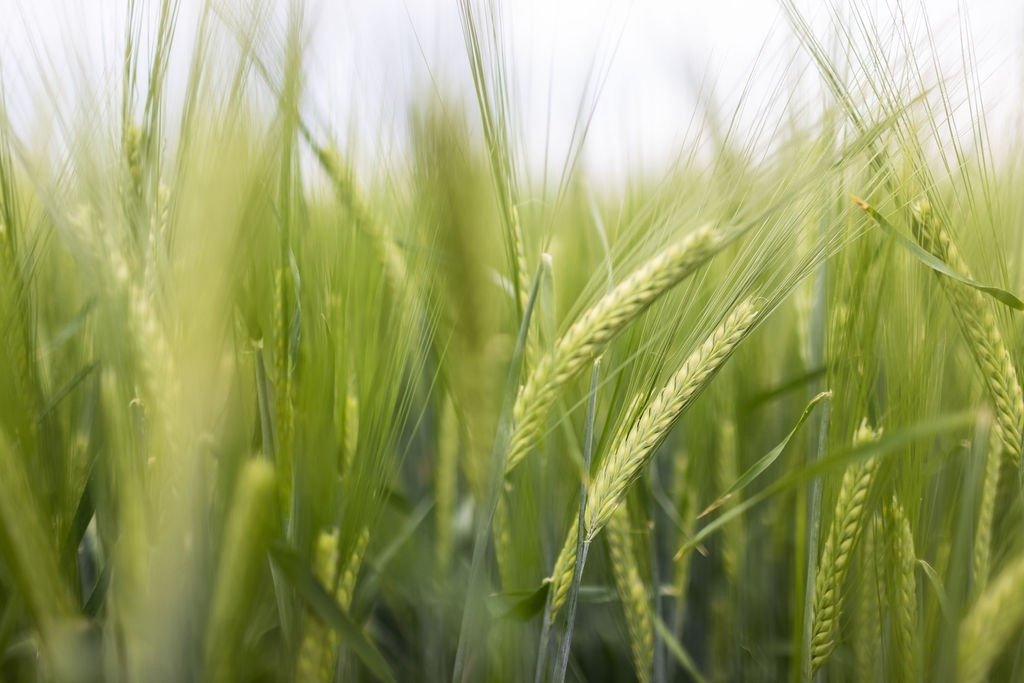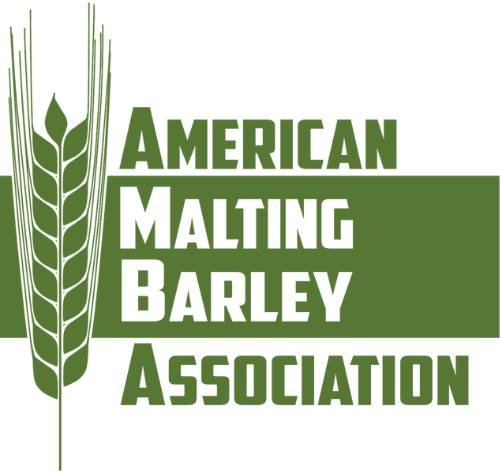We know this may come as a real shock to some of you, but beer doesn’t grow on trees.
It’s a darn shame. Can you imagine what it would be like to have an IPA tree growing in your backyard? Or a stout shrub? A perennial pilsner plant, just out the back door in the garden?
But, alas, it’s not that easy. Beer comes from barley and barley grows in fields ( a cereal plant from the grass family, not a tree.) It’s tended to by farmers like our own Olanders and it takes acres upon acres of these tiny little grains to power the craft beer businesses that you all know and love.
Growing any living thing - from crops to cows, from house plants to your own miniature humans - has its tricks and requires its own unique skill set. Barley is no exception.
A cool-weather plant, barley has been grown extensively in Colorado for generations. Traditionally, it likes the dry, often chilly Colorado weather, and it doesn’t mind altitude or short growing seasons. But it can also be a little finicky when it produces grain. Stressed barley plants can have protein content so elevated our brewers can’t use them, and numerous things can stress barley out: drought, high temps, dry windy days, hail…or just looking at it funny when it’s having “a day.”
We all have those days.
These stressors, however - all of them largely related to changing weather patterns - mean that growing barley here in Colorado is getting trickier. We’re having to stay on top of our game and even, at times, think outside the box. In a previous blog, we talked about how we’re trying two experimental barley varieties for our region, Thunder and Lightning. We’re working hard to up the soil health of our fields, with the belief that healthier soil will produce more resilient crops. We’re also trying to stay on the cutting edge of all thing well...barley! Which is why, this year, we kicked off 2023 by joining the American Malting Barley Association.
The American Malting Barley Association (AMBA) works to foster research to develop rock-solid barley varieties. They advocate for farmers in the industry, and they evaluate and recommend barley varieties to growers each season based on those evaluations.
In other words, in a world lacking beer trees, they do their darnedest to help us get good barley so you can get good beer, even if it is at your local craft brewery and not off of your own backyard pilsner plant
We’re excited to see what we learn. We’re excited to try new things. We’re happy to grow our community. We’re working - always - to try and stay on top of every good practice we can, to keep bringing you the killer craft malt (and nerdy Field Notes) that you’ve come to expect from us.
It’s an AMBA-itious goal, but we’re confident we can live up to it.






